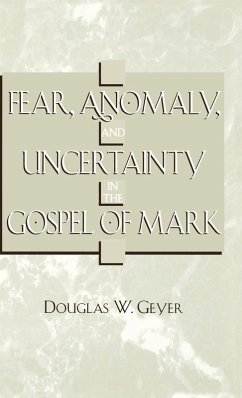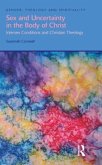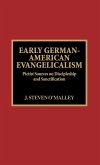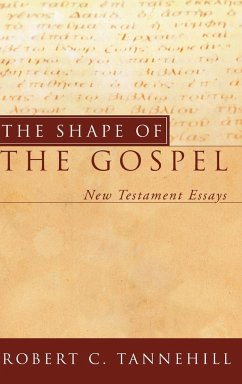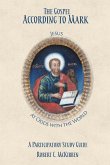Douglas Geyer's illuminating analysis of Mark 4:35-6:56 explains why the Gospel ends as it does in the earliest manuscripts-abruptly, at 16:8, with the words, "for they were afraid." This ending, with women fleeing the empty tomb in "trembling and astonishment," has long been considered "problematic," and, in the several attempts to rewrite it, Mark 16 has become a source of unending mischief. Geyer's work draws on a vast literature of fear, anomaly, terror, and dread in the ancient world to demonstrate that this ending is a consistent, overriding theme of Mark's Gospel. In Mark we see and hear the story of Jesus through the eyes and ears of the Roman world. Geyer brings to bear the literature of that world in a way that helps his readers to understand what Mark is doing and how the story that Mark tells continues to touch his readers and hearers ancient and modern (and "postmodern"). Geyer guides the reader through a vast and uncharted primary literature, demonstrating its relevance for New Testament study. In so doing he clearly proposes a fresh and original understanding of Mark that cuts across many of the critical controversies and renews its purpose and usefulness as "good news"-Gospel-for the terrors and uncertainties of our own time.
Hinweis: Dieser Artikel kann nur an eine deutsche Lieferadresse ausgeliefert werden.
Hinweis: Dieser Artikel kann nur an eine deutsche Lieferadresse ausgeliefert werden.

